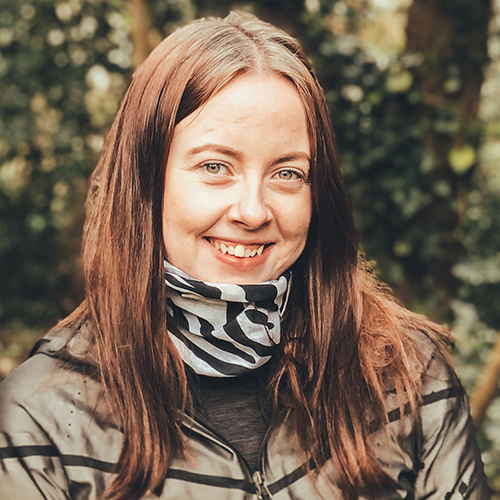Key details
Samantha J Taylor
Senior Lecturer in Forensic Science
Samantha Taylor (formerly Samantha Hall) joined the University of Greenwich as a Forensic Technician in July 2018 and later changed role to Lecturer in Forensic Science in May 2019. She was promoted to Senior Lecturer in October 2022.
Alongside the lecturing role, Sammi is also an active forensic practitioner, offering forensic archaeology, forensic anthropology and ecology consultancy services for a private forensic provider. Her experience in these areas has contributed to various high-profile cases, both nationally and internationally, particularly with regards to mass fatality incidents. Her involvement in such cases have resulted in personal thanks from the Commissioner of the Metropolitan Police Service.
Prior to joining the University, Sammi was part of a three-year research project with the University of Kent investigating the national attainment gap and implementing initiatives to better student experience at Medway School of Pharmacy, where she authored two conference papers which were presented in Boston, MA. Sammi's archaeological input in forensic cases since 2016 has seen her achieve Practitioner level of professional accreditation for the Chartered Institute for Archaeologists and is currently working on level three certification with the Royal Anthropological Institute for her work in the identification of human remains.
Responsibilities within the university
- BAME Champion
- Member of the Health and Safety Committee
- First Aider
- Mental Health First Aid Champion
Recognition
Practitioner level of professional accreditation for the Chartered Institute for Archaeologists.
Fellow of the Higher Education Academy
Research / Scholarly interests
Sammi's research interests lie predominantly in the identification of animal and human remains, disaster victim identification and archaeological methods in forensic science.
Key funded projects
Student Success Project – University of Kent
A three-year research position to investigate ways in which to further improve the student experience at Medway School of Pharmacy.
A focus of the Pharmacy project was the attainment gap; a national concern recognised by Higher Education Institutes. Measures were taken to address disparities in performance based on "students' learner characteristics and background including pre-university education, place of residence, age, ethnicity and socio-economic status" (University of Kent, 2015)
